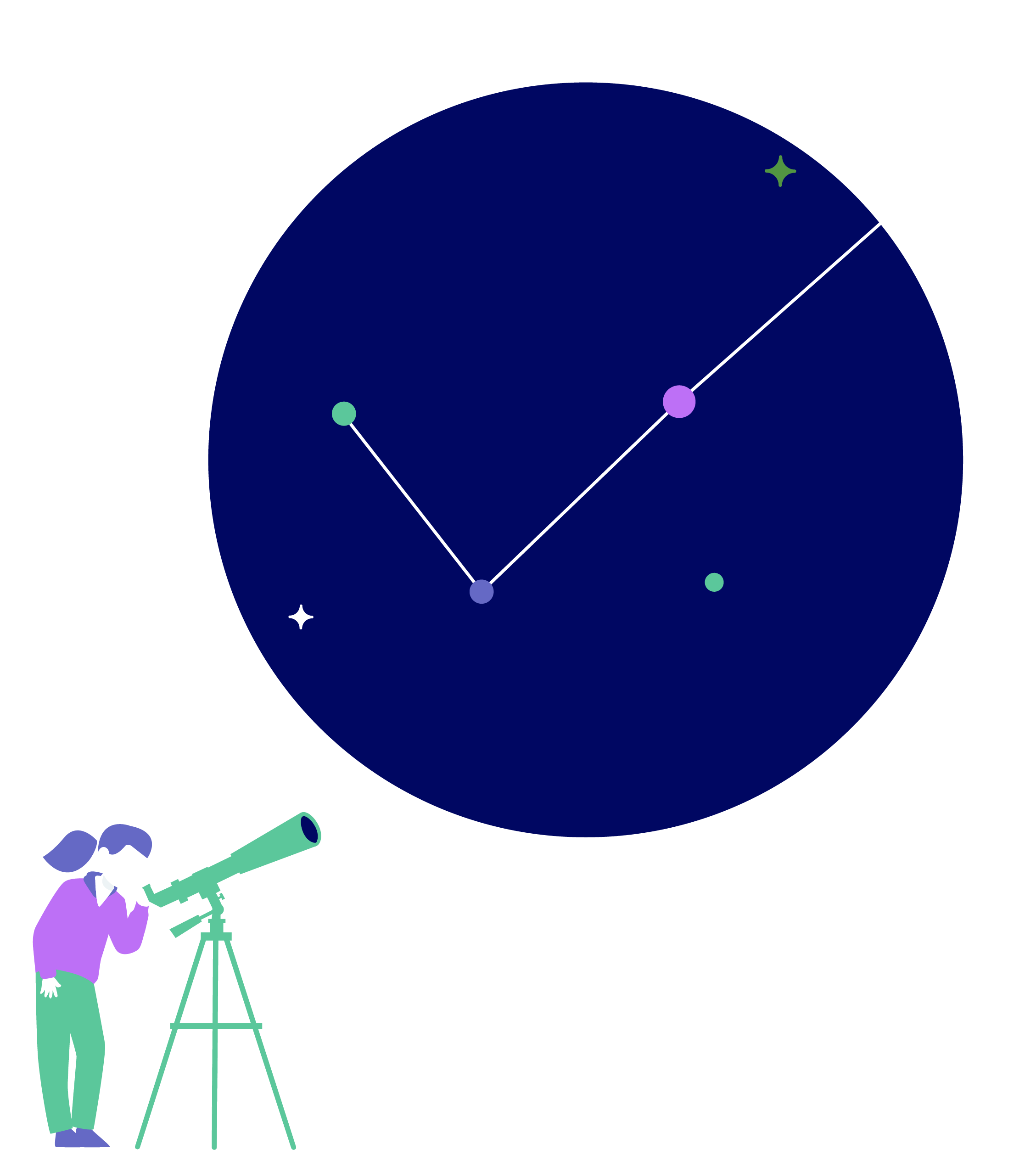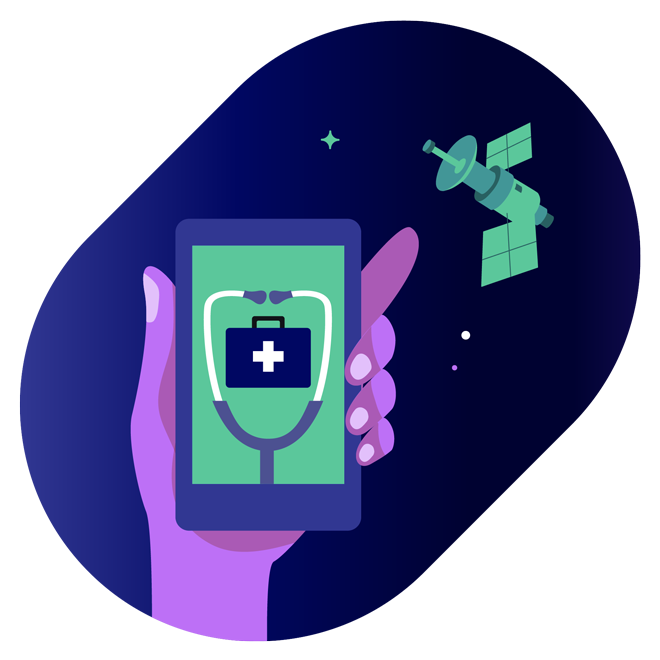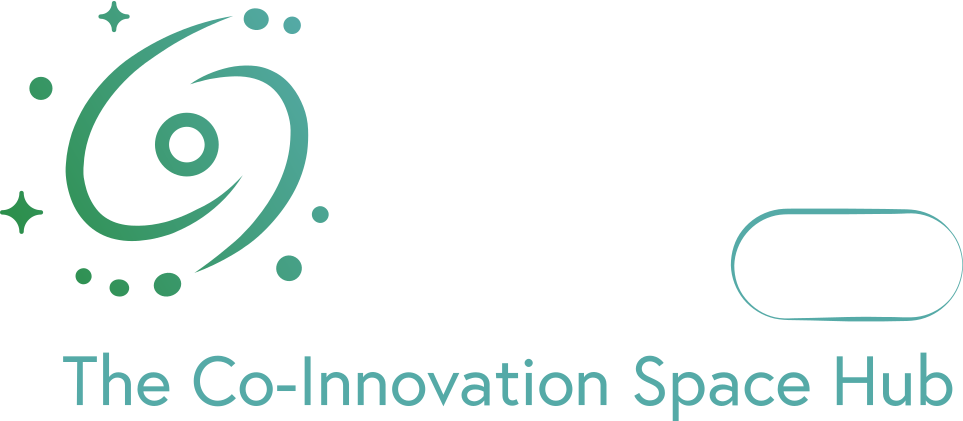Focus areas
Our focus is centred on knowledge areas with significant transformative potential for the future of humankind.

Agriculture & Food
Space research provides unique opportunities to study plant growth, optimise crop monitoring, and enhance food processing and packaging. By leveraging microgravity and extreme conditions, researchers aim to improve crop yields, nutrient content, and agricultural practices on Earth. Understanding gene expression, cellular physiology, and microbe behaviour in space leads to better methods for combating plant diseases and promoting sustainable agriculture. The ultimate goal is to increase crop productivity, refine food processing techniques, and develop eco-friendly packaging alternatives. Space research offers valuable insights and transformative advancements for the future of agriculture and food production.


Health
Microgravity in space offers unique opportunities for life science research, as it leads to changes in biological, chemical, and physical processes. These changes include altered organism behaviour, accelerated disease models, enhanced protein and crystal growth, and improved manufacturing processes. By studying these phenomena, researchers can gain valuable insights that can be applied to develop innovative products and solutions on Earth. The potential benefits include producing disruptive biomedicines, enabling personalised medicine through small volume protein production, and improving manufacturing processes. Space-based research provides a vantage point to rediscover life properties and advance our understanding of fundamental biological processes, ultimately leading to advancements in various industries.
Data Sharing
The European Commission is working on an ambitious Data Strategy to create a single market for data flow within the EU and across sectors while respecting privacy, data protection, and competition laws. This strategy centres around “Data Spaces,” decentralised data-sharing ecosystems in various sectors. Some sectors, such as mobility, tourism, agriculture, health, and security, are already using space data, but there’s potential for further integration with the EU Data Strategy. The European Space Agency’s Directorate of Telecommunications and Integrated Applications (D/TIA) has commissioned a preliminary study by Space Cooperative Europe SCE, in partnership with aNewGovernance AISBL and Onecub SAS, to explore the development of a “Space Data Space.” The study aims to assess the necessity, feasibility, and potential participation of the Space sector in the EU Data Strategy.

